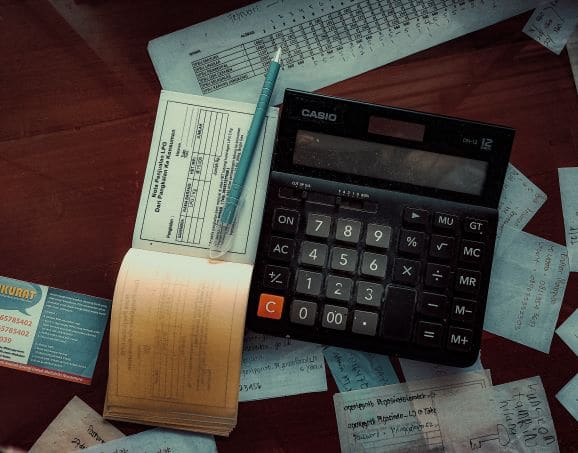
The Invoice Processing Challenge
In almost every industry, invoices are received in paper or electronic format. The invoices are then reviewed and forwarded, usually through inter-office mail, for approve and coding.
The invoice approval process itself usually resides in the hands of seasoned accounting staff, who are not always available, which ends up delaying payments. Any exceptions are usually chased through the organization, a process that takes weeks.
Once invoices are finally approved, invoice data is then manually keyed into an ERP, and invoices are physically filed.
In most cases, with this traditional invoice process, the accounts payable department ends up suffering from:
- Costly and error-prone manual keying of invoice data
- Lost or misplaced invoices
- Long review, approval and exception resolution cycles
- Compliance and security risks
- High physical paper storage and retrieval costs
- Delays uploading data on approved invoices to downstream systems
- Time-consuming supplier inquiries regarding invoice and payment status
- Difficulty implementing operational best practices
- Lack of opportunity to optimize payment scheduling – capture early payment discounts or avoid late fees
- No visibility into data analytics
Why Automation is the Future
Businesses are increasingly recognizing the need to automate their accounts payable department. Organizations need to create a future where invoice processing is no longer a tactical, back-office function.
Accounts payable practitioners are eager to make that vision a reality. Below is the future of invoice processing that industry practitioners foresee.
51% of accounts payable practitioners anticipate that their department will eliminate most of their paper invoice by 2021.
Less Manual Paper Pushing
By 2021, 51 percent of accounts payable practitioners anticipate that their department will eliminate most of the paper invoices it currently receives from suppliers, per IOFM’s 2018 Future of Accounts Payable Study.
Nearly one-third of practitioners expect that their accounts payable department will eliminate between 25 percent and 50 percent of the paper invoices it currently receives from suppliers, IOFM finds.
Data Driven
Sixty-three percent of accounts payable practitioners expect that the use of their department’s data across the enterprise will increase “slightly” or “significantly” over the next three years, according to IOFM’s 2018 Future of Accounts Payable Study.
Invoice processing automation will put critical data at the fingertips of authorized users, no matter where they are located. Users will also be able to track cost and consumption metrics, gain visibility into working capital and spending, manage utility costs and consumption, filter reports, benchmark performance and reveal new opportunities.
More Digital Technology
Accounts payable practitioners are placing their bets on image capture, intelligent data capture, mobile, cloud and artificial intelligence as per IOFM’s 2018 Future of Accounts Payable Study
Better Time Utilization
With automation, accounts payable staff will spend less time on manual tasks and more time on value-added activities. Automation will eliminate most of the laborious steps associated with invoice processing including invoice receipt and validation, extraction of head and line-item data, matching of invoices and purchase orders, routing of invoices for approval or exceptions handling, and the upload of information on approved invoices to an ERP and payment application.
Less Paper Cheques
According to IOFM’s 2018 Future of Accounts Payable Study, accounts payable departments expect to make less than half as many payments to suppliers via paper check within the next three years. Businesses will use ACH and virtual cards to pay more of their suppliers. As compared to electronic payment methods, paper cheques cost over thirty times as much and are most often responsible for fraud losses and delays.
Profitability
Invoice processing automation will create new opportunities for accounts payable to deliver value to the business through cash-back card rebates, more early payment discounts, longer standard payment terms and better spend management.
Statistics: 57% of accounts payable practitioners expect to capture higher card rebates as a total percentage of spend within the next three years.
As per IOFM’s 2018 Future of Accounts Payable Study, 57 percent of accounts payable practitioners expect to capture higher card rebates as a total percentage of spend within the next three years. 54 percent expect their organization to capture more early payment discounts. One-third of practitioners will extend their standard payments and almost two-thirds of accounts payable departments will play a bigger role in helping to manage to spend.







